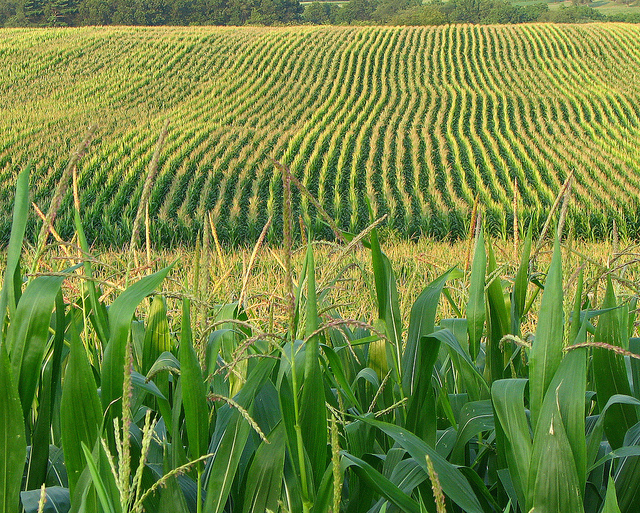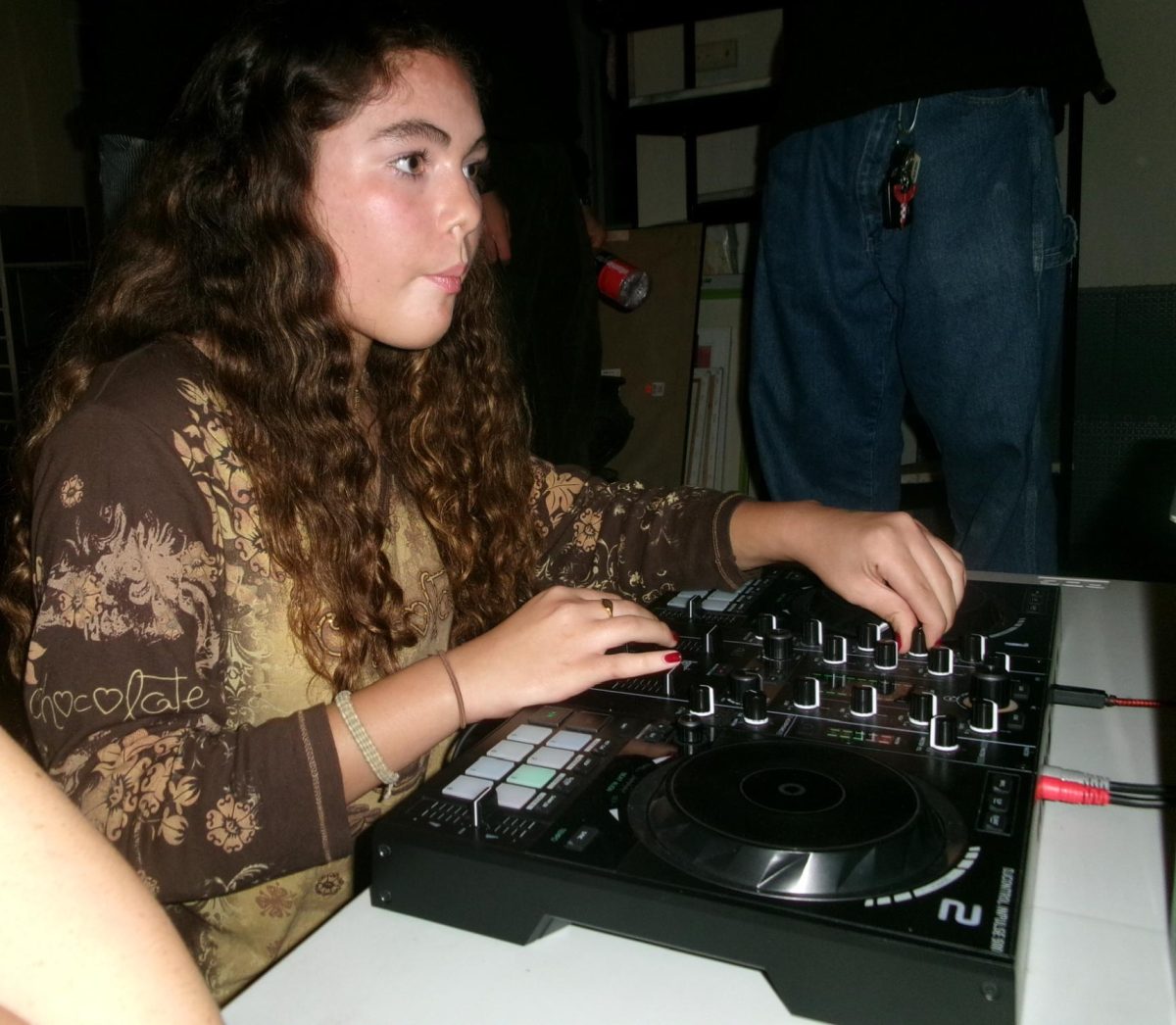
I remember being mesmerized by the seemingly endless rows of corn. They let me ride in their tractors and on their combine.
My grandfather, along with his six other siblings, grew up on a farm without running water. However, farming has changed drastically since then. Even my cousin, Mcclerry’s farm, which has only five employees, does not nearly resemble the yeoman farms in APUSH textbooks.
People don’t hand-milk cows or hand-pick corn anymore; there are machines for that. Gone are the days of subsistence farming when everyone farmed. My cousin only grows two things: corn and soy. He couldn’t live off those products alone, but he doesn’t need to: corn and soy have a huge market and are therefore very profitable.
You’ve probably eaten or used something that had corn or soy in it, even if you didn’t realize it. Nearly every ingredient in processed food that you cannot pronounce is derived from either corn or soy. However, humans aren’t the only ones who eat corn. Many of the animals we eat are fed corn in an effort to make them gain weight.
The industrialization of farming has caused a problem: monocropping (or in my cousin’s case, duocropping). Now, you may be thinking, What is monocropping, and why is it so bad?” Monocropping is planting one ‘cash crop’ every year, and, typically, the farmers do not practice crop rotation.
What’s the problem with that? Well, crop rotation is an invent of the agricultural revolution that allowed for farmers to utilise the nutrients in the soil to their fullest extent. So, eliminating crop rotation not only weakens the soil but sends farming back in time a few hundred years, and consistently leaving the soil bare in the winter (as you harvest both corn and soy in the fall and plant in the spring) erodes the soil. Furthermore, if you only grow one (or even two) thing(s), your crop is super vulnerable to disease.
Or, as Ally ’17 eloquently put it: “Monocropping is killing the universe.”
So, why do we do it? The same reason we do most things: economics. Monocropping is an economically sound, but ecologically taxing practice.
What can we do about it? We can petition our senate to change subsidies on different crops (like corn) and instead incentivize crop diversity. Or, we could go through our pantries and try to cut back on many of the processed foods where much of that mono- or duo- cropped corn and soy goes.

